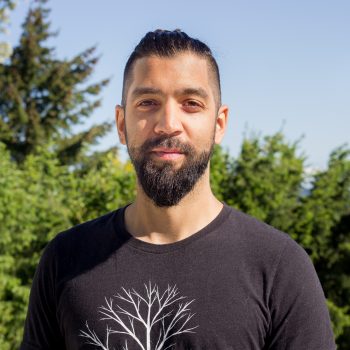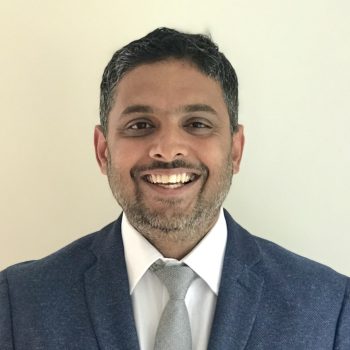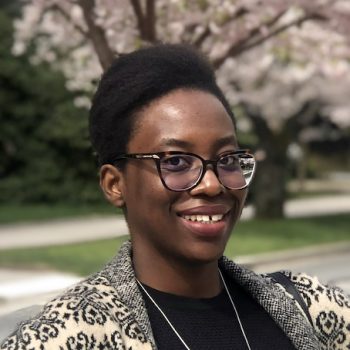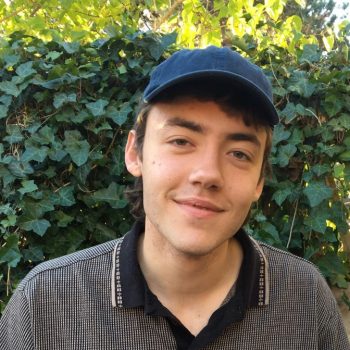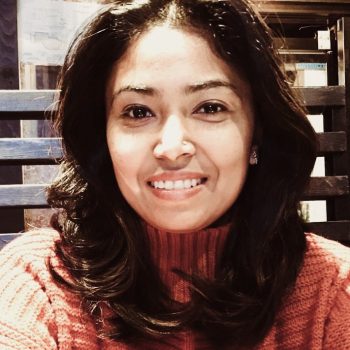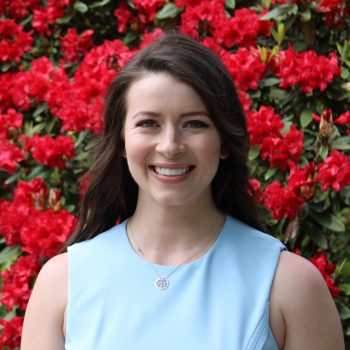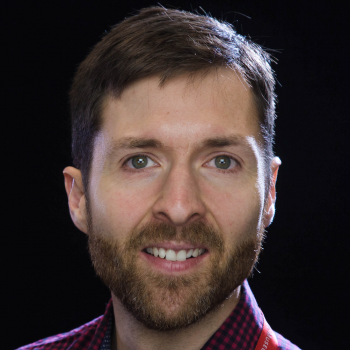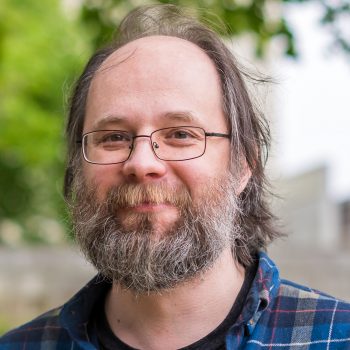
Manvi Bhalla
PhD Student
Contact Details
manvi.bhalla[at]ubc.ca
Website: manvibhalla.com
Google Scholar: https://scholar.google.ca/citations?user=1lJ7JVoAAAAJ&hl=en&oi=ao
LinkedIn: http://linkedin.com/in/manvibhalla/
Research Interests
Bio
Manvi (she/her) is an activist-scholar with over 15 years of community organizing experience. She is recognized as one of Canada’s ‘Top 25 Under 25’ environmentalists, ‘Top 30 Under 30’ sustainability leaders and was honoured with the ‘Youth Eco-Hero of the Year’ award in 2022. She co-founded Shake Up The Establishment, a national nonprofit dedicated to climate justice & political advocacy, alongside missINFORMED, a nonprofit focused on health promotion for women and gender-diverse people. Alongside her advocacy work, Manvi is a published health researcher, frequent public speaker and guest lecturer who works to centre anti-colonial approaches. During her MSc, she investigated barriers towards climate action within the public health sector. This research discerned the knowledge and understanding of climate change-related health risks by public health authorities, determined local mitigation, adaptation and risk communication strategies and identified policy recommendations for the Ontario Public Health sector at large. Presently, she is a PhD student at University of British Columbia with SSHRC Doctoral Fellowship funding. Her research works to advance intersectional environmental justice in environmental health policy-making to better serve the holistic health needs of racially, ethnically and gender-minoritized populations. Research methods for this work include critical policy analyses to assess the procedural justice implications of recent CEPA reforms, community-based participatory action workshops to capture urban South Asian communities’ embodied experiences of environmental health risks and to co-develop a submission for the forthcoming NEJ strategy public consultation, and to utilise arts-based methods to co-imagine environmentally just futures with racially-minoritized youth.
Featured Publications
1) Bhalla, M., Boutros, H. & Meyer, S.B. Aunties, WhatsApp, and “haldi da doodh”: South Asian communities’ perspectives on improving COVID-19 public health communication in Ontario, Canada. Can J Public Health 113 (Suppl 1), 46–53 (2022). https://doi.org/10.17269/s41997-022-00712-x
2) Practicing Rest, Recovery, Resistance: An Interactive Dreaming Journal (M. Bhalla & C. Alcena, Eds.; p. 234). Shake Up The Establishment. ISBN: 978-1-7381367-0-4.
